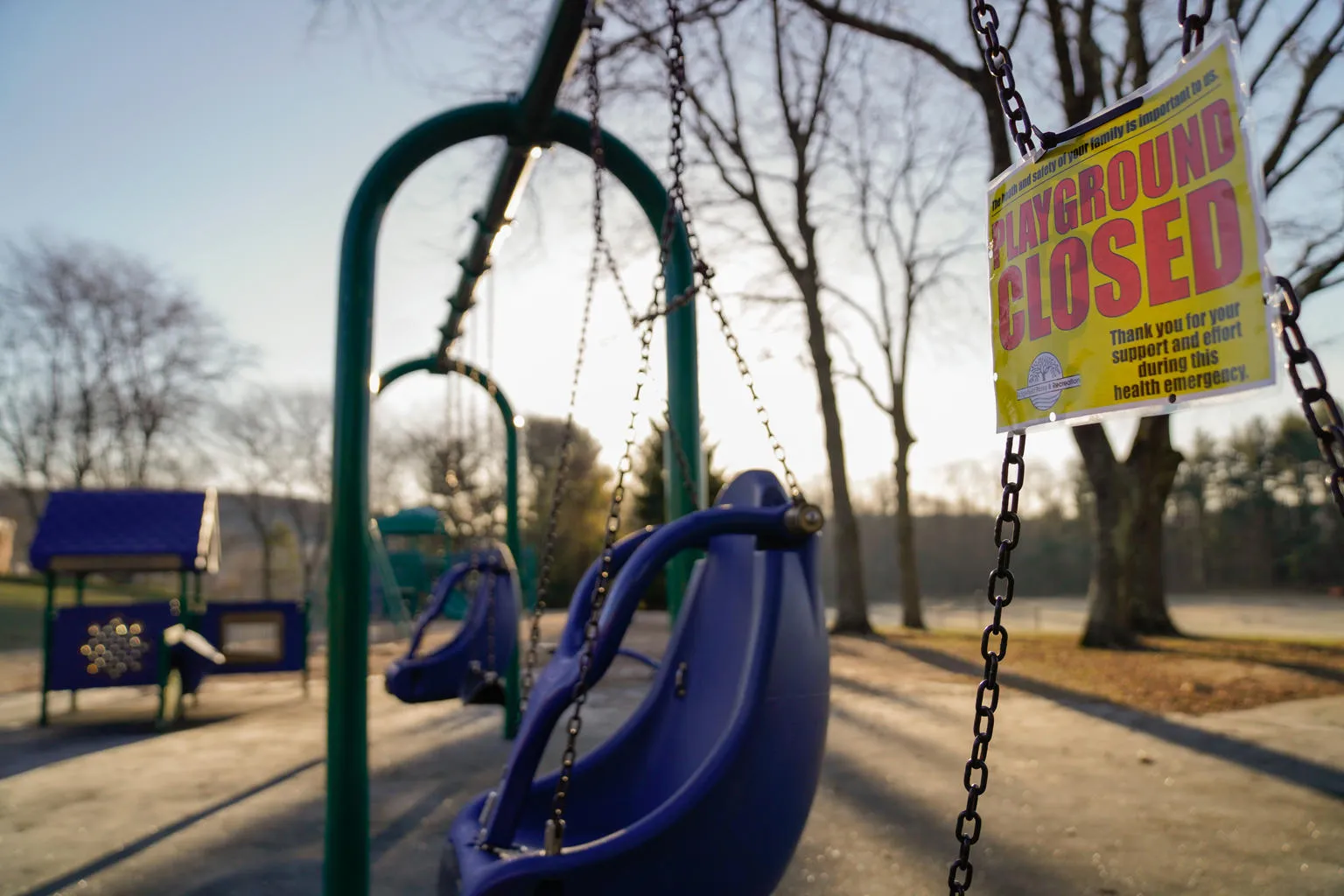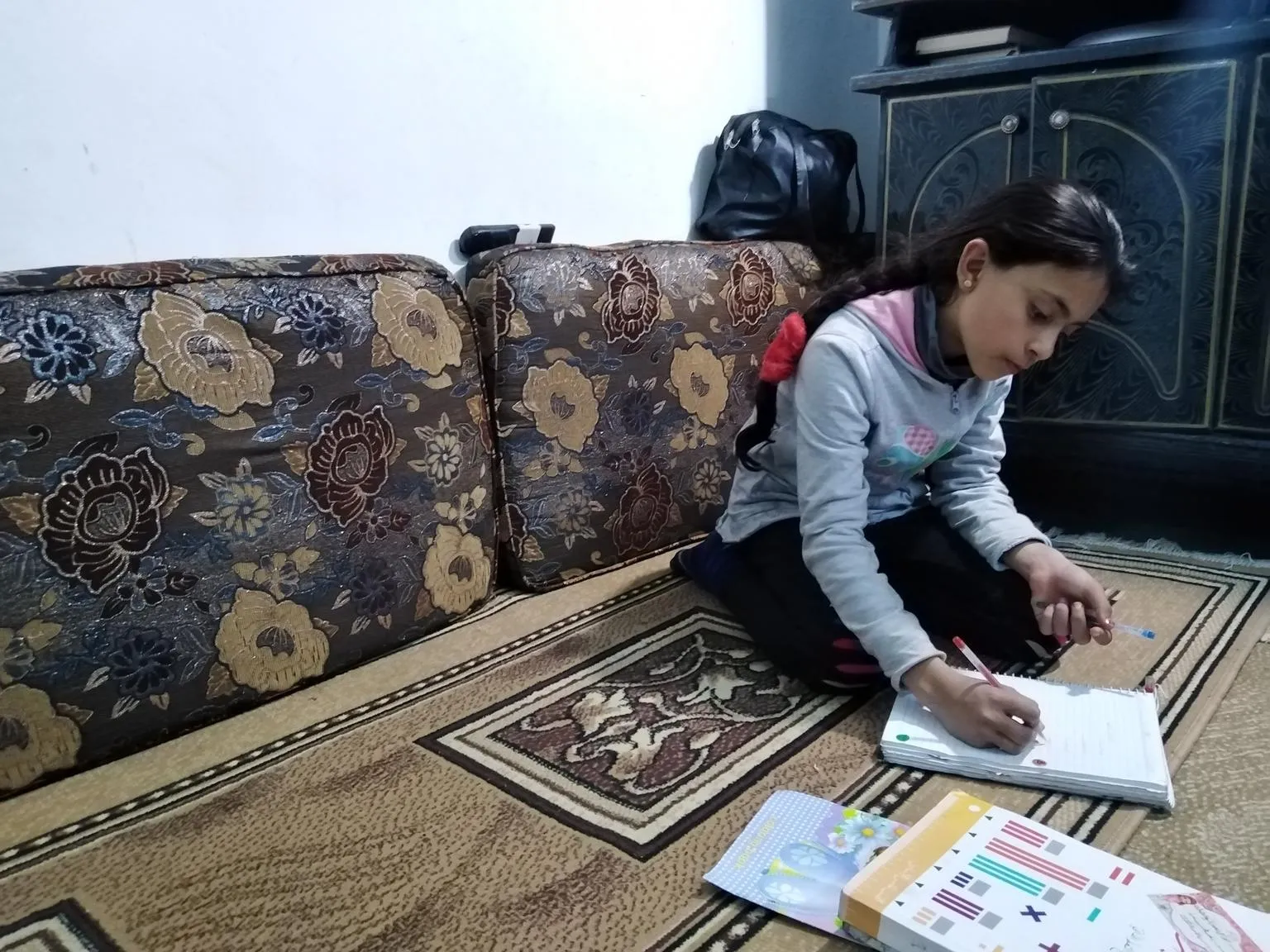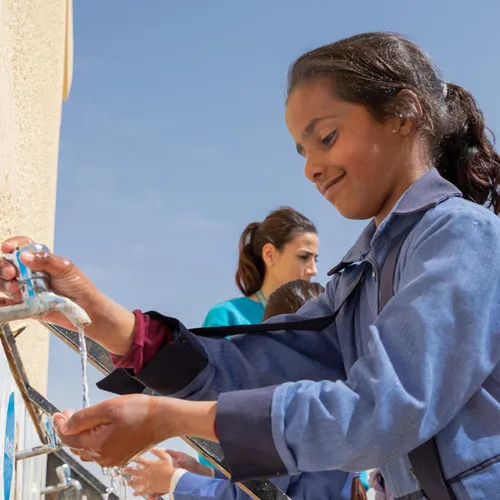
Youth justice in the UK
A rights-based analysis
Over the last year we have undertaken a major new research study into the youth criminal justice system across the four nations of the UK.
We know that children who come into contact with the law are one of the most vulnerable and marginalised groups in society, often they have been in the care system, experienced neglect or abuse and may have been excluded from school.
Our report finds that the youth justice system is failing in its duty to protect and uphold children’s human rights – to keep them safe and protect them from harm. The UK needs a system that upholds their rights and gives every child who comes into contact with the law the opportunity to positively turn their life around.
Whilst this report finds that positive steps, like the significant reduction in the number of child arrests and children within the system, as well as the creation of ‘Outcome 21’ which reduces the criminalisation of children for sexting offences, have been made, there remain significant areas which do not meet international children’s rights standards.
Key areas for concern include the over representation of children from Black, Asian and Minority Ethnic (BAME) backgrounds within the youth justice system, unsatisfactory conditions within youth detention, the wide spread use of in-humane practices such as solitary confinement, tasers, and spit-hoods, and UK nations low ages of criminal responsibility.
The report finds:
- In the year ending March 2019 Black children in England and Wales were over 4 times more likely to be arrested than white children
- 51% of children who had tasers used on them in England were from a BAME background
- In the year ending March 2019 the proportion of Black children given a caution, or a sentence was nearly 3 times higher than the proportion of Black children in the 10-17 general population
The UK nations also have some of the lowest ages of criminal responsibility in the world, where children as young as 10 in England, Wales and Northern Ireland can be charged with a criminal offence and processed within the criminal justice system. Scotland recently voted to increase their age of criminal responsibility from eight years to 12 years old – but this is still below the UN recommendation of at least 14 years old.
The report includes 45 recommendations for the UK government and devolved administrations to consider which include:
- Raising the minimum age of criminal responsibility to at least 14 years of age
- Stopping the use of in-humane practises on children such as solitary confinement, tasers and spit-hoods
- Committing to ensuring the anonymity of children who come into contact with the law and appear at court
- Investing in research to better understand the true impact of diversion and how it relates to girls, BAME, school-excluded and care-experienced children





